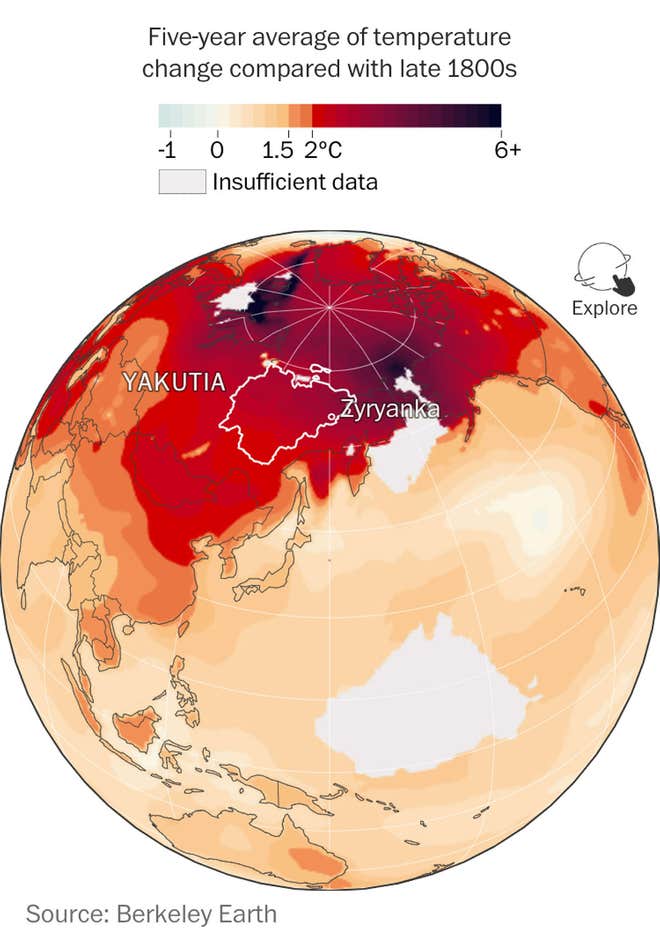'an overwhelming majority of Arctic ice experts say that recent data offer powerful evidence that summer sea ice has passed a point of no return.'
e360.yale.edu/features/tippi…
'Tipping point risks are now much higher than earlier estimates, while urgency relates to how fast it takes to act to reduce risk.
Nine active tipping points:
1. Arctic sea ice'
'nonlinear dynamics could generate “tipping points,” or thresholds after which a system changes irreversibly. Polar sea ice is an important example, with positive ice-albedo feedback contributing to the recent decline in Arctic ice.'
nature.com/articles/s4161…
'While we do not identify a so-called “tipping point”, the increasing instability is a cause for concern.'
nature.com/articles/s4161…
Are you surprised that the IPCC doesn't think it likely that the Arctic will be ice-free in the summer until we're moving to 3°C?
Looking at the observed changes since the the 1970s, it seems fair to suggest there is a major risk between 1°C and 2°C.
⚠️ 'The Arctic is heading toward irreversible melting' ~ NOAA
⚠️ The Arctic has entered an unprecedented state that 'threatens global climate stability'
👇
The scientific community is struggling to acknowledge the major risk of an ice-free Arctic in the summer in the 2020s, or even the strong possibility of this occuring between 2030 and 2035...
👇









